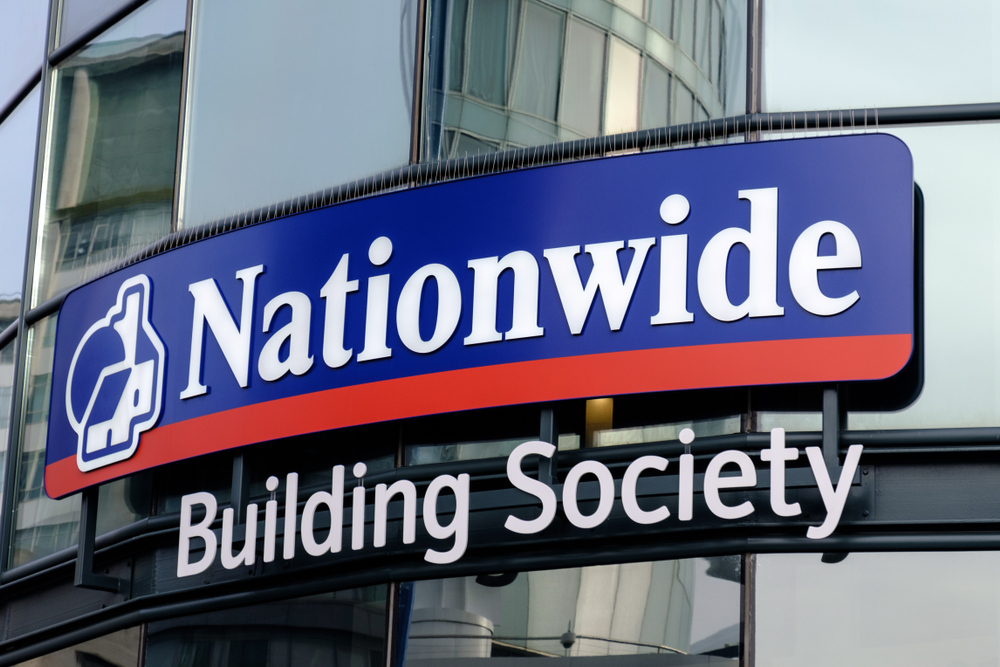
Nationwide has cut the minimum income requirement on its Helping Hand first-time buyer products back down to £35,000 for single applicants.
The building society increased the threshold to £40,000 in January in a bid to keep within regulatory limits, which restrict how much lending can be done above 4.5 times borrowers’ income.
For joint applicants the minimum income threshold has remained at £55,000 throughout.
Nationwide has been urging regulators to review rules that restrict the amount of lending banks and building societies can do at 4.5x loan-to-income (LTI) and above to no more than 15% of their lending.
UK Finance has backed these calls.
Last week, the Prudential Regulation Authority and the Financial Conduct Authority opened discussion on the LTI rule.
Currently, institutions that lend less than £100m a year are exempt and the regulators propose extending this to firms that lend less than £150m in per year.
But this change would not help major lenders like Nationwide, which lends up to six times income on its Helping Hand products.
Nationwide director of home Henry Jordan says: “We continue to do all we can to put first-time buyers first and aim to set our Helping Hand minimum income requirements at levels that give it the widest appeal.
“Helping Hand has proven extremely popular with prospective homeowners, especially since we extended it to six times income, and we continue to provide as much support as possible, whilst remaining within the high loan-to-income lending regulations.
“While we are pleased to be able to reduce the minimum income requirement for sole applicants again, we want to do more and that’s why we continue to call for a review of the 15 per cent limit.”



